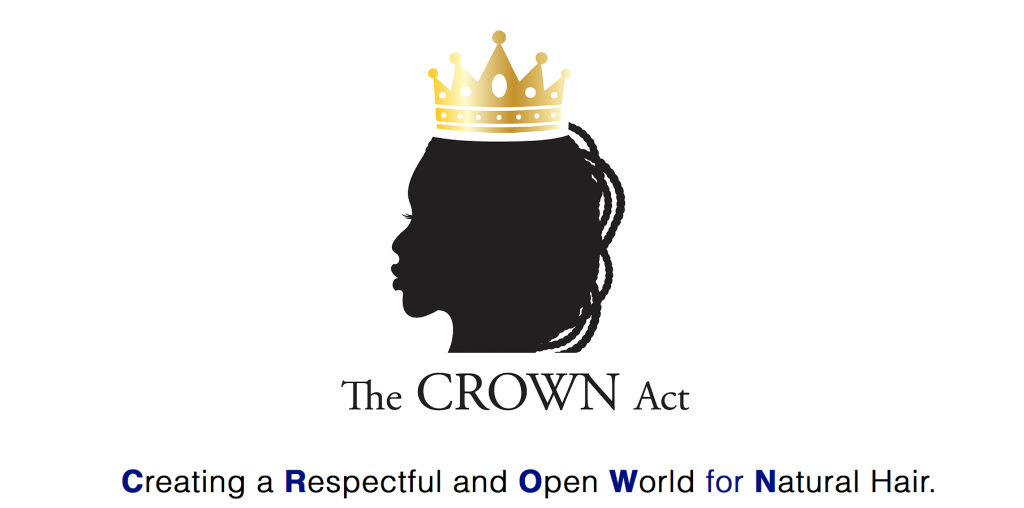
Today the US. House of Representatives passed the “Creating a Respectful and Open World for Natural Hair” Act, also known as the CROWN Act. The bill, which President Biden says he “strongly supports”, now heads to the Senate. The purpose of the bill is to “prohibit discrimination based on an individual’s texture or style of hair.” The bill explicitly states, “Throughout United States history, society has used (in conjunction with skin color) hair texture and hairstyle to classify individuals on the basis of race…Racial and national origin discrimination can and do occur because of longstanding racial and national origin biases and stereotypes associated with hair texture and style.
If passed into law, the CROWN Act would prohibit discrimination based on hair texture/style in federally assisted programs, housing programs, public accommodations, and employment. Specifically in the employment context, the Act would make it unlawful to refuse to hire or take an adverse action against an employee based on their hairstyle, if their hairstyle is “commonly associated with a particular race of national origin.” Examples of hairstyles specifically cited by the bill include “tightly coiled or tightly curled, locs, cornrows, twists, braids, Bantu knots, and Afros.”
Although Title VII of the Civil Rights Act already prohibits discrimination based on race, proponents of the CROWN Act argue that the proposed law is necessary to fully guard against race discrimination, given that some courts have chose to narrowly interpret the meaning of the term “race,” thereby allowing discrimination based on hair style.
Regardless of whether the federal CROWN Act is ultimately passed into law, employers in Maryland should be aware that the state enacted the Maryland CROWN Act in 2020, which similarly prohibits discrimination based on hair style and texture. Employers should carefully review their dress and appearance policies in order to ensure that there are no prohibitions against specific hairstyles or textures. Employees and recruiters should also be trained in advance not to make comments on co-workers’ or applicants’ hair.
If you have questions about the CROWN Act, or any other area of employment law, contact Thatcher Zavaro & Mani at 301-850-1246. www.ThatcherLaw.com. We provide training at the corporate and small business levels on a variety of employment issues ranging from discrimination/retaliation to Covid-19. Follow us on:
